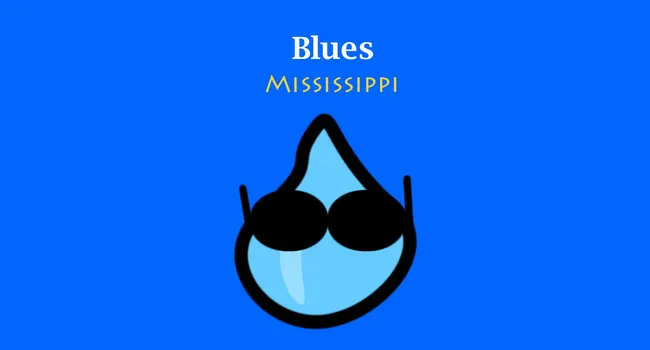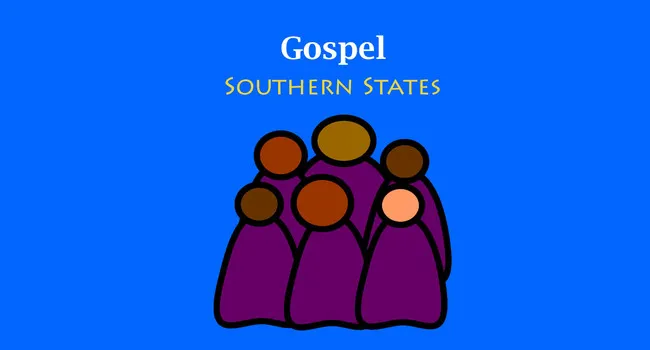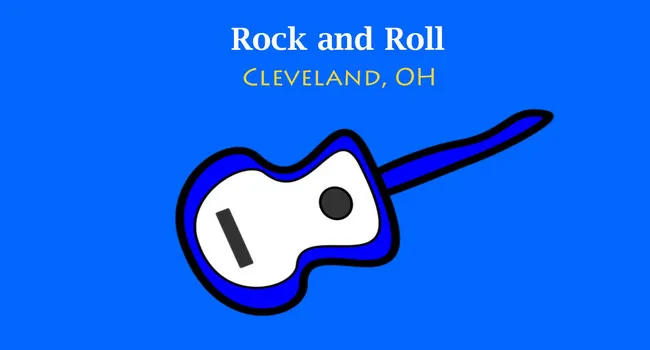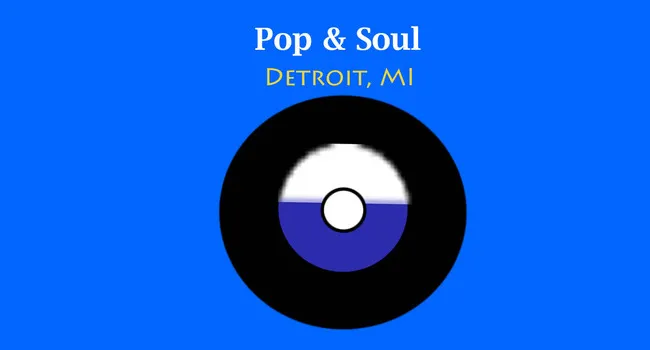European slave traders brought Africans to the New World on ships as early as the 1400s. These voyages across the Atlantic Ocean are called the Middle Passage. It was a terrible experience for the Africans who were packed between decks in areas too small to stand in. They used their voices to express their sadness and pain. Over half of the people died or jumped overboard due to the harsh conditions on the slave ships. Charleston was one of the main ports for ships arriving from Africa and the West Indies. When they arrived, Africans were sold into slavery to work on plantations owned by European settlers. Many of the plantations were located on the South Carolina Sea Islands.
---
The Story Behind the Song "Amazing Grace" [Transcript]
Narrated by Anita Singleton-Prather
Many of us died and perished at sea before we even got to America. Some folks even like to say over 50 percent--that means over half of us--died at sea. And there are stories.
There was an old sea captain by the name of Sir John Newton. He was a sea captain of a great slave ship, and he sailed many, many times, bringing human cargo from the coast of West Africa down to the West Indies, and up to the Americas. There was a moaning and a groaning down in the belly of the ship that seemed to be common to most of the Africans that were part of his cargo. And that thing haunted him.
We call those things songs of lamentation--meaning songs of sorrow--that moaning and groaning in the belly of the ship. They became the basis of American blues music. And that moaning and groaning--that common tune which was a West African tune--cause he went through a spiritual rebirth and he realized this thing he was doing called slavery was not right. These people were not animals, but these were human beings that deserved human respect--and he changed his ways.
But after he went through all of this, he sat down one night and to that tune he kept hearing--being cried and moaned and groaned in the belly of the ship--he penned the lyrics to a song called "Amazing Grace" that has become the world's most beloved hymn. I don't care where you go in the world, where the people can speak the language of America or not, they want to hear that song. Listen to Deacon Frazier as he gives you that moaning song that became the world's most beloved hymn, "Amazing Grace."
Standards
- This indicator was written to promote inquiry into the unique development of ethnic, political, and religious identities in the New England, Mid-Atlantic, and Southern colonies.
- This indicator was developed to encourage inquiry into how the three British colonial regions developed in terms of their culture, economies, geography, and labor. The indicator was also developed to encourage inquiry into the unique story of the development of South Carolina.










